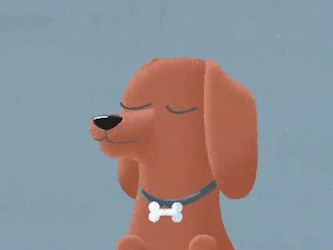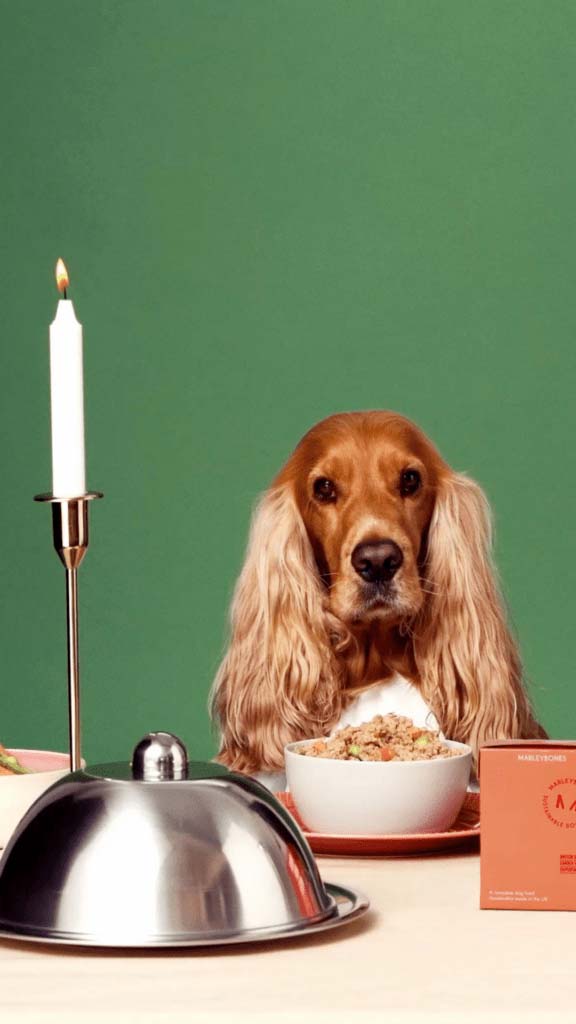
We share our hearts and homes with our canine pals, and while sharing is caring, sometimes not sharing your food with your pooch is also caring. Many foods that are easily digestible for us can create a havoc in a dog’s body. So, humans, don’t fall for those puppy eyes when you are sitting to have a meal.
This is a common sight in households with pooches – dogs wandering around the dining area during meal times or nicely planting themselves over your foot to make their presence felt while you eat. Feeding table scraps to your dog can cause obesity, feeding extra food to them is adding extra calories. The risk is higher for small dogs, as this can cause them to easily gain weight. Sharing healthy food with your pet in small amounts or reducing their regular food by an equal amount will prevent them from packing on the pounds. Dogs are carnivores and their body metabolism depends a lot on proteins. They possess fewer taste buds than human beings, so tend to get attracted to the aroma and digestibility of the food, rather than the taste.
Dr. Hemant Thange, Chief Veterinarian at PetVets (Thane), emphasises the need to keep certain food items away from your dog’s reach.
Human foods that are a complete no-no for dogs
Anything with chocolate or cocoa powder, since it contains theobromine, which is highly toxic for dogs
Tea or coffee, tannins or caffeine
Aerated drinks
Alcohol
Grapes and raisins are known to cause kidney failure
Artificial sweeteners
There are certain other foods that are likely to cause problems or allergies:
Milk or milk products 70-80 per cent of dogs are allergic to milk lactose, causing itching, irritation on skin, hair fall and rashes.
Wheat or maida products like bread, pav, biscuits, cookies, roti or chapati, can cause gluten allergies.
Raw hide treats like chew sticks are a by-product of the leather industry, which cannot be digested by dogs. Additionally, the leather industry chemicals can be harmful for them, if ingested.
Bones, which are ingested by dogs unchewed or raw, can form splinters or cause injuries to their digestive system, which then need to be surgically removed.

Dog food is the safe choice. Commercially available, high-quality dog food can be healthy and the best option for the growth phase in pet dogs. Adult dogs can either consume dog food or combination of dog food and home-cooked meals.
Dr. Thange recommends, “When making a balanced home-cooked meal for your pet dog, remember to include the following ingredients in it.
70 per cent non-veg (any boneless meat)
15 per cent vegetables like pumpkin, dudhi (bottle gourd), carrots, beans, cauliflower, green peas and sweet potato.
15 per cent cereals like rice, jowar, bajra or nachni (red millet)
If you are preparing 200 gm per meal for your pet dog, please include 140 gms of meat, 30 gms of vegetables and 30 gms of rice
Cook it in a vessel or pressure cooker with a pinch of turmeric and little salt
“Apart from the two main meals a day, snacks should account for no more than 10 per cent of the total daily intake. Healthy snacks can be fruits (except grapes), an egg or dog treats.”
Image source: Pinterest